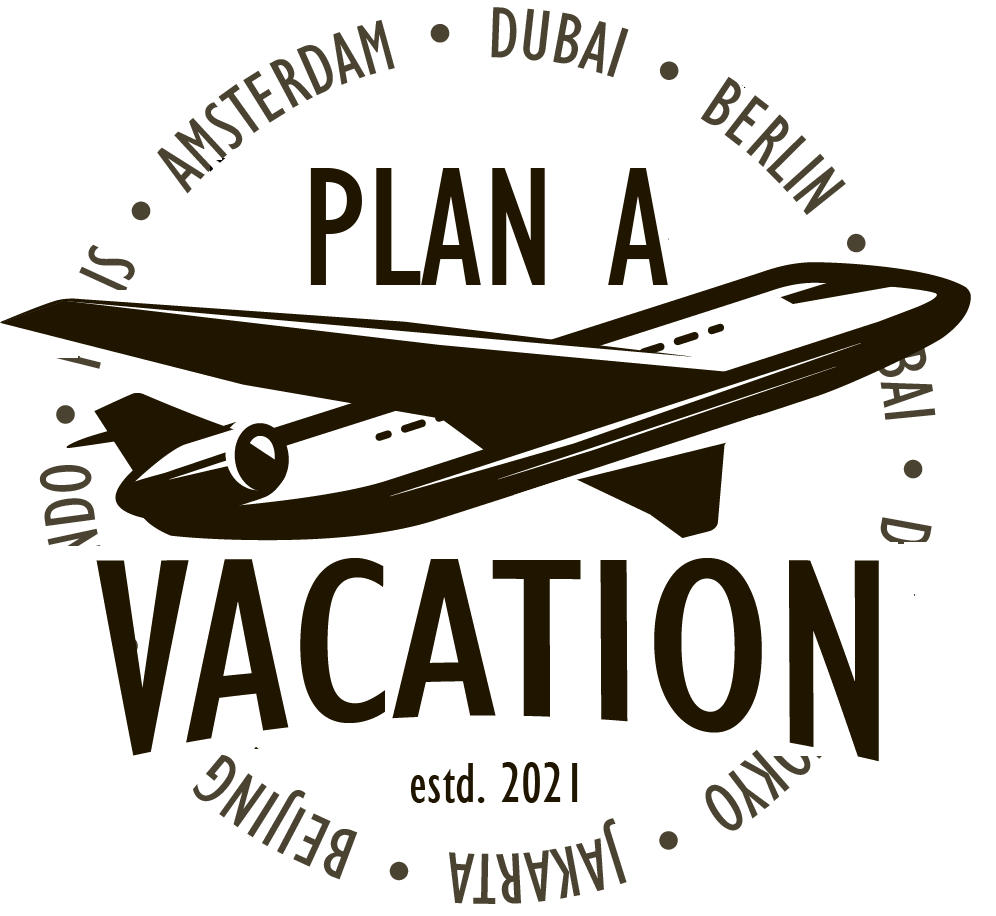Iceland
Overview
Cold and sparsely populated, Iceland was first settled by Vikings in the ninth century. Ruled first by Norway and then by Denmark, Iceland did not gain its independence until 1944. After independence, though, Iceland quickly went from a land of subsistence farmers and fishermen to one of the wealthiest and most productive countries in Europe.
Though today's Iceland is a country that is bolstered as much by its tourism industry as any other industry, it still must be said that the island nation remains both one that embraces its Scandanavian heritage and one that is carving out a new reputation for itself in the modern world.
Search for Flights
Do Some Light Reading
Quick Facts about Iceland
- Governed by the Althingi parliament since 930, Iceland is the world's oldest democracy.
- Geographically, Iceland is the youngest country in the world.
- Iceland's capital, Reykjavik, is the northernmost capital in the world.
- While whaling is still legal in Iceland, the country brings in more money from whale-watching than whale-hunting.
- There is only one mammal native to Iceland - the arctic fox.
Borders
As an island, Iceland shares no land borders with any other nation. With that said, it does share a maritime border with both Great Britain and Norway to the southeast and Greenland to the west. Iceland is just south of the Arctic Circle and is bordered by both the Atlantic and Arctic Oceans.
Area
A relatively small country, Iceland's area is only 39,817 square miles. This makes it the eighteenth largest island in the world and the second-largest in Europe after Great Britain. Virtually all of Iceland's area is on the main island, with no significant holdings in the surrounding area. Iceland is the 106th largest country in the world, ranking just behind Guatemala and just ahead of South Korea.
Government
Iceland is a representative democratic parliamentary republic. Its legislative body, the Althing, is the world's oldest parliament and has only been inactive for forty-five years since the mid-10th century. The modern version of the Althing is a 63-seat unicameral legislature.
The head of the state of Iceland is the president, while the head of the government is the Prime Minister. The bulk of the real administrative power lies in the Prime Minister, however, as the position of the president is really more ceremonial than anything else. As with most parliaments, the Prime Minister is chosen from among the leadership of the political party that controls the Parliament.
Book Popular Tours
Frequently Asked Questions
What languages are spoken in Greece?
The primary language of Iceland is Icelandic, and it is spoken by about ninety-three percent of the people on the island. Icelandic is more than just a language in Iceland, though - virtually unchanged in over a thousand years, it is an important part of the culture.
Students in Iceland are also required to study English and Danish, so a significant portion of the population speak both of those languages. Other languages spoken by a significant proportion of the population include German, Danish, Spanish, and French.
What is the climate like?
Despite its name, Iceland is not a country that is constantly covered in ice. Located near the North Atlantic Current, Iceland actually has much milder weather than one might imagine from its location. Temperatures in the winter do, however, regularly drop as low as -22 degrees Fahrenheit.
Summer temperatures, however, can get as high as 77 degrees Fahrenheit. The weather on the island does tend to vary quite a bit, though, with both frequent high winds and frequent bouts of precipitation throughout the country.
What currencies are commonly accepted?
The currency of Iceland is the Icelandic króna. Unlike many other Western European countries, Iceland did not make the move to the Euro, and some currency will need to be exchanged to króna upon arrival.
What is the population of Iceland?
The population is 360,000, making it one of the smallest European countries in population.
What is the capital?
The capital of Germany is Reykjavík. Reykjavík is located at the edge of the southwestern part of the country, right along the Greenland Sea.
What time is it in Reykjavík?
20:16:26, 10/22/2024
